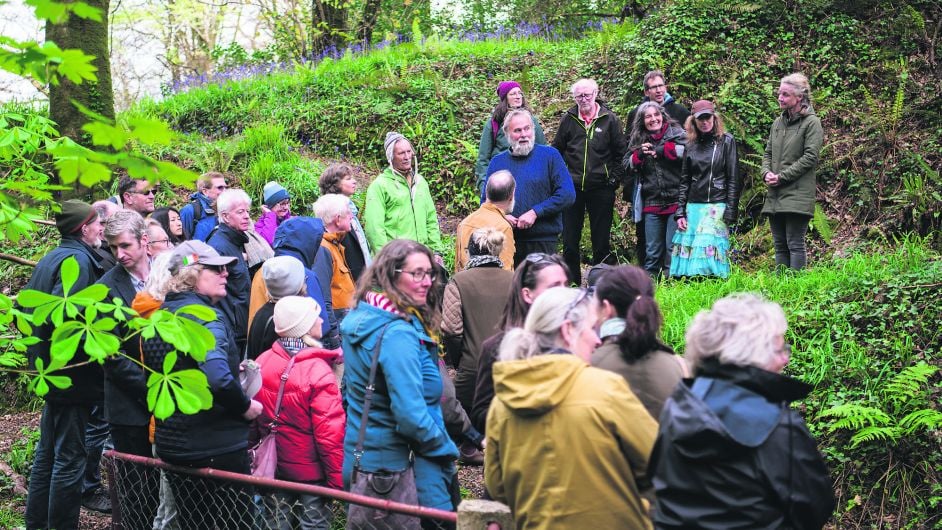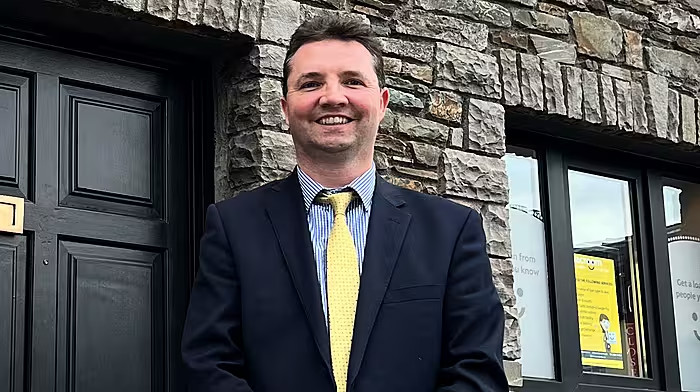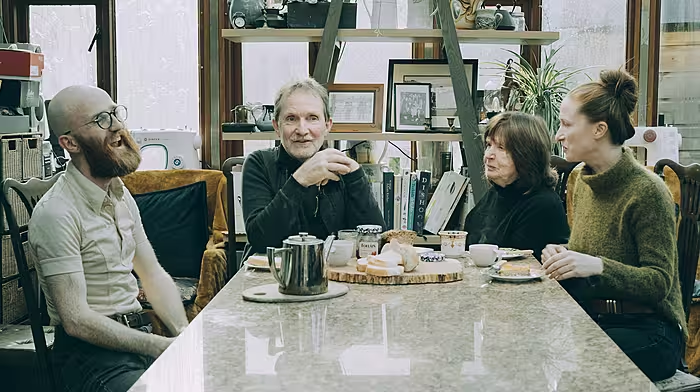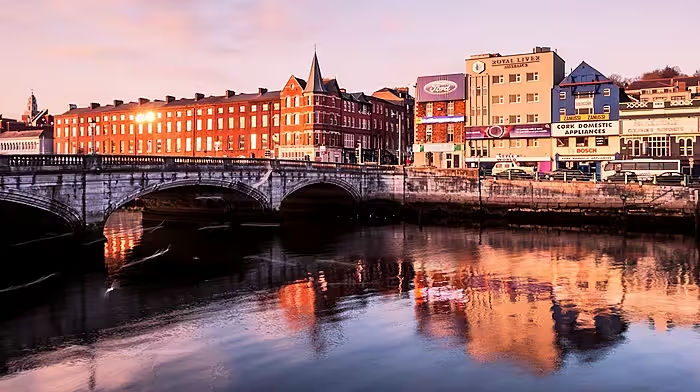The message from a recent seminar at Myross Wood House in Leap is that we’re at the end of our get-out-of-jail card in terms of climate change – but, more positively, the take-home advice was that there is no action that is too small.
THE backlash against the landowners who turned West Cork into a sea of flames before the March 1st burning ban is a clear indication of how communities are championing biodiversity, according to Fianna Fáil TD Christopher O’Sullivan.
As the party’s spokesperson on environment, climate action and biodiversity, Deputy O’Sullivan said he would welcome the protection of biodiversity under the Constitution.
‘We were all witness to the gorse fires in February, and the outrage of the public,’ he said. He noted that there was a huge backlash against the few who showed disregard for the guidelines, wildlife habitats, and the safety of neighbouring properties.
Proposed biodiversity protections will, according to Christopher O’Sullivan, take ‘political bravery.’
But he believes that such moves will have the backing of people like the 120 attendees from local, national and international community groups who attended the climate action seminar at Myross Wood House in Leap.
Christopher O’Sullivan and Ryan Howard, the ceo of Secad, (South and East Cork Area Development) said Myross Wood House – which has been leased as the headquarters of Cecas, the centre of excellence for climate action and sustainability – proved to be the perfect venue for the conference, because it shows what communities can achieve.
He said Secad, together with Avondhu Blackwater Partnership and Comhar na nOileán, are there to provide Leader funding to assist with ‘bottom up’ projects.
For three decades, Leader has funded projects, which proved to be stepping stones to bigger things, with bigger backing from government agencies.
Ryan Howard urged people to work collaboratively with local authorities. This, too, was the clear message delivered by the Finnish delegation, who base their Finnish Village Movement on ‘resilience.’
That resilience takes the form of ‘healthy, engaged people’ who are, for example, keen to take care of old community buildings, develop small scale tourism projects, and who are willing to ‘work with their local authority and make plans at local authority level.’
According to Ryan Howard, initiatives – like the Finnish farm and shop that has a low carbon footprint and is a complete circular economy – demonstrates how communities can fill in ‘the gaps’ that will emerge when the larger, top-down government initiatives are implemented.
Christopher O’Sullivan urged people not to let ‘the big ticket items’ worry them into inaction. He said community groups, like the river project in Bandon, are not only learning about their natural environment, they are also protecting it.
‘It’s not the Serengeti,’ he said, ‘but it’s a very good start in protecting the environment that is on your own doorstep.’
Community groups from all over West Cork, including the seven inhabited islands, got an opportunity during the conference sessions to showcase the work they are doing.
Cape Clear, for example, is growing lavender in large swathes – not just to improve the attractiveness of the island, but to boost biodiversity and support new craft, food and beverage businesses.
Máire Uí Mhaoláin of Comhar na nOileán, said islanders already live very close to nature, but extreme weather events, the energy crisis, and coastal erosion, has led them to engage with new technologies, such as providing sustainable energy sources and retrofitting houses to make them more energy-efficient.
‘The energy crisis is affecting everyone in Ireland,’ she said, ‘but taking the fuel to the island incurs cargo expenses as well.’
There was no shortage of stark warnings about climate change at the conference, including talk of ongoing coastal erosion around the coast of West Cork, and Ryan Howard’s comment that ‘we are at the end of our get-of-jail-card options in terms of climate change.’
The conference was, however, decidedly upbeat as communities showed the successful steps they are taking.
Mr Howard appealed to more communities, more individuals, to ‘do the right thing,’ like simple biodiversity actions and managing their carbon footprint.
By getting involved in the work being carried out by Cecas, he said the people of
West Cork have the opportunity to share what they are doing and to prepare for the
future. He stressed the importance of ‘listening, planning and acting’ and strongly advised against ‘waiting to be directed’ about what they can do for the good of their own communities.
‘Governments are talking, and can do things, but it’s important to work from the bottom up.’







